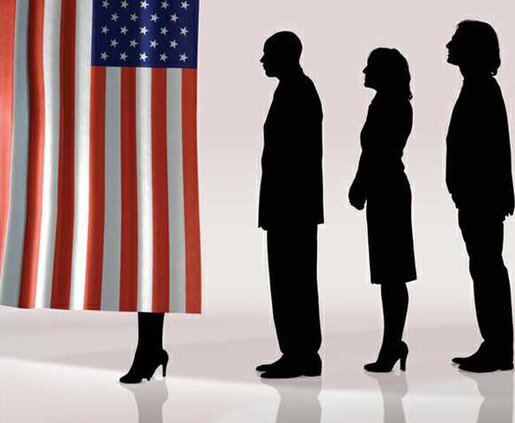On Tuesday, Georgia held the earliest primary election in the state’s history.
Originally scheduled for July 15, with the runoff to be held 21 days later, the primary date was moved by a federal judge who ruled that Georgia did not have enough time between the primary date and runoff date to tabulate and verify overseas ballots.
The judge instead set the primary date as June 3 and the runoff date as July 22. The governor, along with other leaders in the state, feared that a June 3 primary would produce too little voter turnout, since it would be so soon after the Memorial Day holiday. As a result, they requested, and the judge granted, the primary to be held May 20 with the runoff date remaining July 22.
All of this was verified during the legislative session earlier this year with the passage of House Bill 310.
Although Georgia’s primary this year was the earliest in the state’s history, it was not the earliest in the nation. In fact, 12 states already had primary elections for some or all of their elected positions.
The first state to hold primaries for federal offices this year was Wisconsin, with voters there going to the polls Feb. 18. On the flip side, the latest primary elections will be held Sept. 9 in Delaware, Massachusetts, New Hampshire and Rhode Island.
However, the majority of primary elections — 32 states — are held between June and August.
Some states hold different primaries for local, state and federal offices. For instance, Kansas already has held primaries for local offices and will hold primaries for state and federal offices later in the year.
Interestingly, Louisiana does not hold primary elections for its federal offices, but instead lists all of its candidates on the general ballot in November.
And what about runoffs?
First of all, according to the National Conference of State Legislatures, not all states conduct runoff elections. Only nine states, including Georgia, hold runoff elections for their primaries in the event no candidate reaches a minimum threshold of votes.
Texas has the widest gap between the primary and runoff elections with 84 days between the races.
Conversely, Missouri only has 14 days between the two (which begs one to question why a judge would find Georgia’s 21 days to be too short but 14 days in Missouri to be acceptable).
Of the nine states that require a primary runoff, all require a candidate to receive a majority (50 percent plus 1), except for North Carolina, where only a “substantial” plurality (40 percent plus 1) is required.
Some states, such as South Dakota, require a runoff (referred to as a “secondary” election) only for certain offices such as governor, U.S. senator or U.S. representative.
In Vermont, a runoff is called for only when there is a tie in the primary.
Some states have invoked the Instant Runoff Voting models for some of their races. The IRV model works by allowing voters to rank their choices of candidates when they vote. A voter would vote for their first choice, second choice, etc.
If a candidate gets more than half of the first-preference votes cast, that candidate wins and no further action is needed. However, if no candidate gets a majority of the first-preference votes cast, then the second-preference votes are counted until a winner is determined.
The IRV model is used only in certain situations and mostly in municipal elections to control costs of elections.
Although it did not pass, Senate Bill 390, which would have allowed certain qualified absentee voters to vote by an IRV in elections where more than two candidates are listed, was introduced in the Georgia legislature this year.
Regardless of whether an election is held early or late, the right to vote for our government officials is one of the greatest freedoms we enjoy as Americans and should never be taken for granted.
Carter can be reached on Facebook at facebook.com/buddycarterga or follow him on Twitter @Buddy_Carter. Tuesday, he was the top vote-getter in the Republican primary to elect this area's next member of Congress.
Primaries different across country


Sign up for our e-newsletters